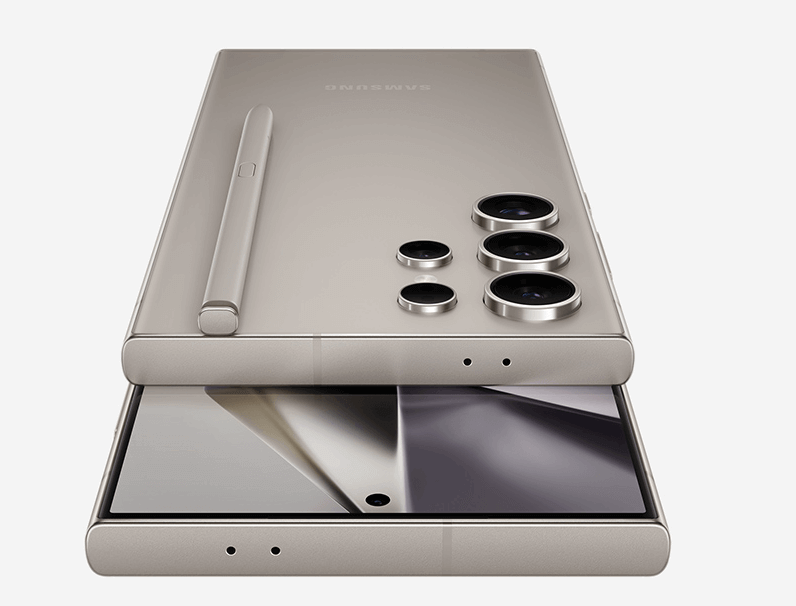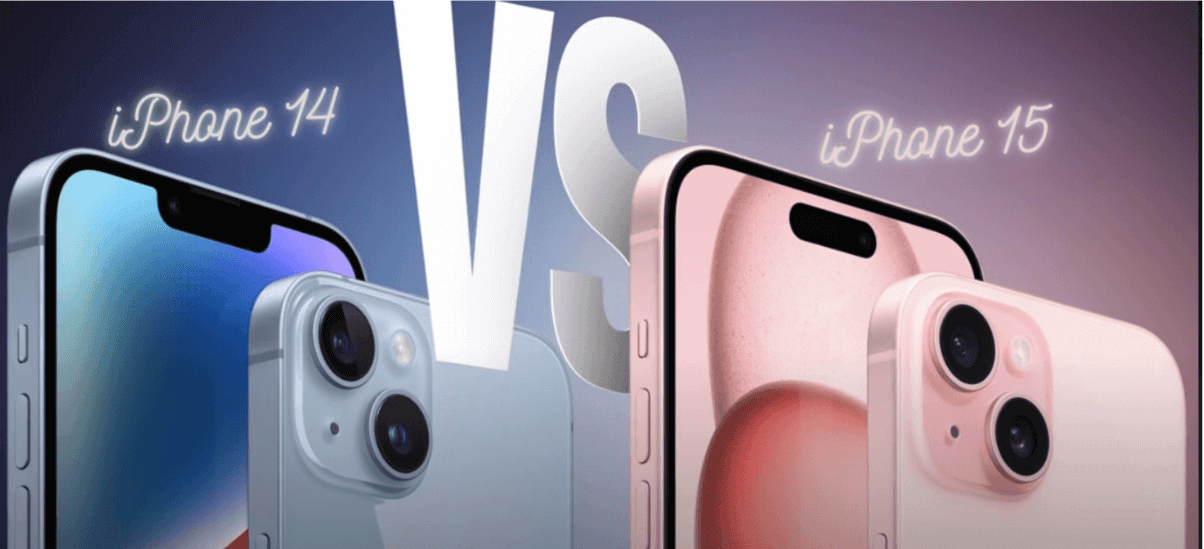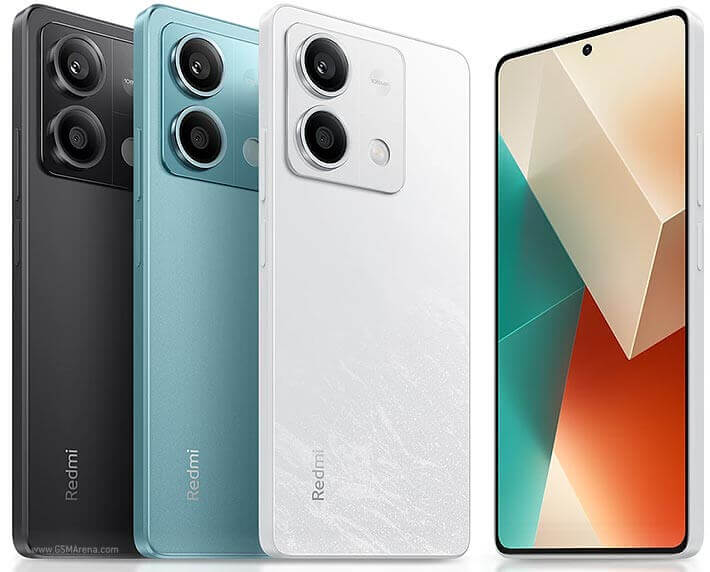In the ever-emerging world of smartphones, it’s the software that really unlocks their boundless potential. Behind the slick hardware and flashy displays, it’s the intelligent software that enables these small-sized devices to become our personal assistants, entertainment centers, productivity tools, and so much more. Let’s explore the transformative role of software on smartphones and explore how it enhances our digital lives.
Operating Systems: The Foundation of Smartphones
At the depth of every smartphone lies an operating system (OS) that serves as the foundation/main role for all software interactions. Leading the operating system are familiar names like Android and iOS, each with its unique features, interface, and ecosystem. These robust operating systems provide a coherent user experience, offering intrinsic navigation, app compatibility, and access to a vast array of services and functionalities. The OS determines how we interact with our smartphones, shaping our digital journeys.
Some of the operating systems used in trending smartphones
| smartphones | operating system used |
| Apple iPhone 14 Pro Max | iOS 16, upgradable to iOS 16.5, planned upgrade to iOS 17 |
| Samsung Galaxy S22 Ultra 5G | Android 12, upgradable to Android 13, One UI 5.1 |
Apps: The Powerhouse of Functionality
Apps are the lifelines of smartphones, offering an endless array of possibilities. From social media and communication platforms to productivity tools, entertainment services, and everything in between, apps enable us to tailor our smartphones to our individual needs and interests. Whether it’s managing our schedules, editing photos, streaming music, or ordering food, apps bring convenience and efficiency to our fingertips. The software behind these apps continually evolves, incorporating new features and optimizations to enhance our experience.
Some popular applications in smartphones
1. Whatsapp
2. Tiktok
3. Instagram
4. Snapchat
5G Network
5G network connectivity represents the fifth generation of mobile network technology and provides significant advancements over ancestors generations such as 3G and 4G/LTE. When it comes to smartphones. 5G networks can deliver dramatically faster data speeds compared to 4G. This means you can download and upload files, stream high-quality videos, and browse the internet with greater efficiency.
Personalization: Tailoring the Smartphone Experience
The software empowers us to personalize our smartphones, making them uniquely our own. From customizable home screens, wallpapers, and themes to app layouts and notification preferences, the software allows us to create a user experience that reflects our individuality. Whether we prefer minimalist aesthetics, vibrant colors, or efficient workflows, the software enables us to fine-tune our smartphones to match our preferences and lifestyles.
Artificial Intelligence (AI): The Smart Assistant in Your Pocket
AI has become a fundamental part of smartphone software, shaking up the way we interact with our devices. Voice assistants like Google Assistant, Siri and Alexa gear the power of AI to understand our instructions, answer our queries and perform various tasks with just a few spoken words. AI-driven features like facial recognition, predictive text, and contextual suggestions further enhance our smartphone experience, making them intuitive and personalized.
Software Updates: Evolving with Technology
Software updates play an indispensable role in keeping our smartphones secure, optimized, and up to date. Operating system updates bring new features, enhanced security measures, and improved version of performance to our devices. App updates ensure bug fixes, and compatibility improvements, and introduce exciting new functionalities. These updates constantly refine and expand the capabilities of our smartphones, allowing us to stay at the forefront of technology.
Augmented Reality (AR) and Virtual Reality (VR): Immersive Experiences
Software has propelled smartphones into the realm of immersive experiences with AR and VR. AR overlays digital elements onto the real world, transforming how we interact with our surroundings. From games and interactive guides to practical applications like furniture placement and navigation, AR software adds an extra layer of engagement and interactivity. VR, on the other hand, transports us to virtual worlds, offering immersive gaming, virtual tours, and even training simulations. The software behind AR and VR pushes the boundaries of what we can experience through our smartphones.
Security and Privacy: Safeguarding Our Digital Lives
In an increasingly linked world, smartphone software plays a vital role in protecting our digital lives. Smartphone software comprises robust security measures like encryption, secure boot, and biometric authentication to protect our data and privacy. From app permissions and privacy settings to antivirus software and remote tracking capabilities, smartphones are equipped with software tools to keep our sensitive information secure.
In conclusion, it is the intelligent software that gasps life into smartphones, transforming them from basic devices to indispensable companions in our daily lives. The cooperation between operating systems, apps, AI, personalization, updates, AR/VR, and security software creates a dynamic ecosystem that empowers us to make the most of our smartphones. As software continues to evolve, it will unlock even more possibilities, ensuring that our smartphones remain at the head of innovation, productivity, and entertainment.
lives. The cooperation between operating systems, apps, AI, personalization, updates, AR/VR, and security software creates a dynamic ecosystem that empowers us to make the most of our smartphones. As software continues to evolve, it will unlock even more possibilities, ensuring that our smartphones remain at the head of innovation, productivity, and entertainment.



